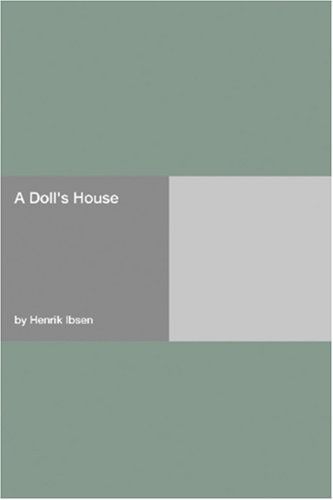Reviews
hira@ryaspace
Amanda Faith@amosa
Nada Ghanim@nadaghanim
Callie Anna@callieanna
nina@oldbint
Gerda Šalengaitė@gerdada
Rachel@wellreadcatlady
Sophie @sophiewonders
masha@emikaema
bee de los rios@berightback
Nina Alexandra Bacrau@nina05
MP@manav
Kellie Davis@kelliedavis
ingrid frederica goh yin en@ingridsplanet
ivana@peculiargirl
Molly M@molsmcq
ghost girl in satin@ghostgirlinsatin
Ashley shackelford@ashlizshack
Lindy@lindyb
Vicky Nuñez @vicky21
Dani@parallelselves
Nia Novoselski@nia_pleasant
Reya Estrella@estreyuh
carla thy@carlath
